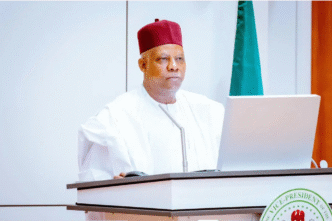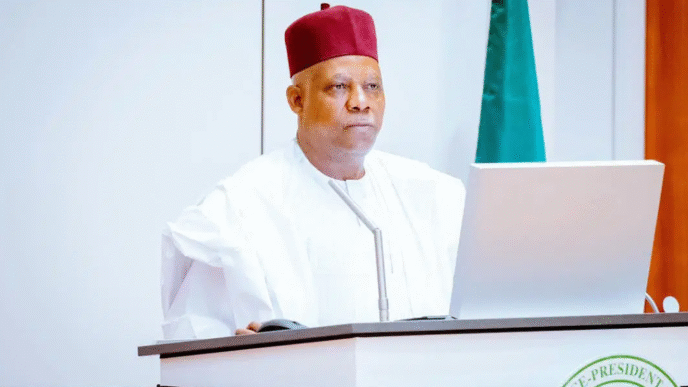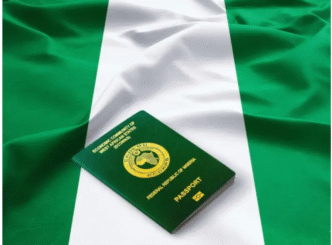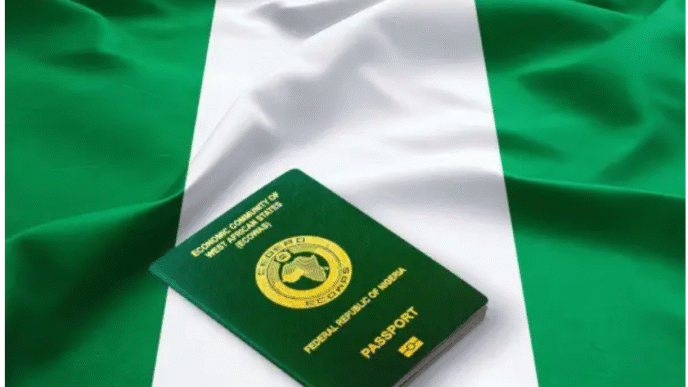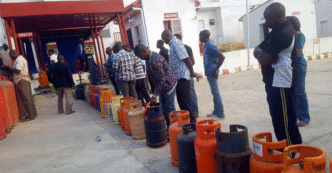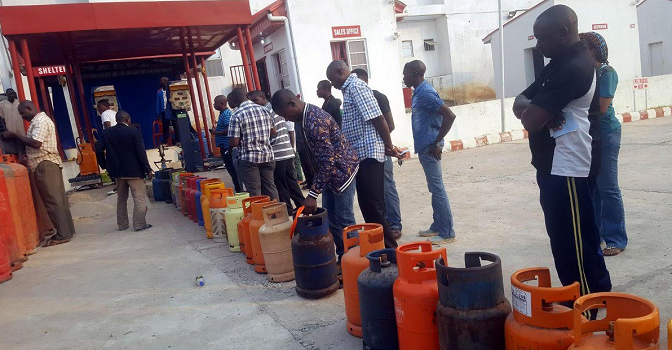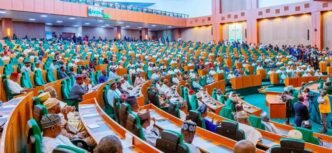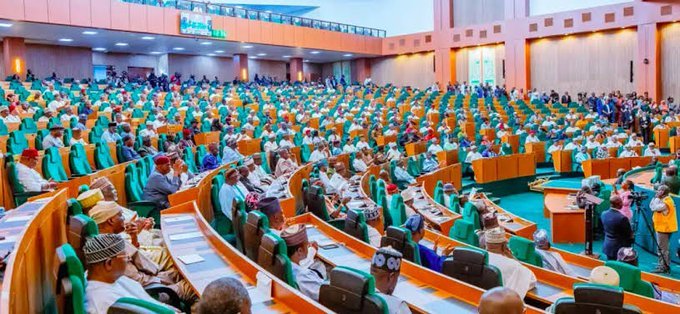Abuja, Nigeria – October 2025 – Nigeria has officially launched an ambitious bid to host a Formula 1 Grand Prix in its capital city, Abuja, a move that, if successful, would bring the world’s premier motorsport back to Africa for the first time in over three decades.
The bid represents a historic step forward for both Nigerian and African motorsport, positioning Abuja as a potential global destination on the Formula 1 calendar. It also signals Nigeria’s determination to diversify its sports and tourism industries while showcasing its growing international profile.
A Return to Africa After 32 Years
Formula 1 has not been staged on the African continent since 1993, when the South African Grand Prix at Kyalami was removed from the calendar. Despite repeated calls by drivers, fans, and stakeholders for Africa’s return, logistical, financial, and infrastructural challenges have kept the sport away.
Nigeria’s bid for an Abuja Grand Prix could change that. If approved, it would not only mark Africa’s return to the F1 calendar but also make Nigeria the first West African nation to host the event. Motorsport enthusiasts see this as a defining opportunity for Africa to re-enter the world’s fastest-growing motorsport market.
Abuja: The Proposed Host City
The Nigerian government has chosen Abuja for the bid, citing its modern infrastructure, central location, and reputation as one of Africa’s fastest-developing capitals.
Planned as a purpose-built capital, Abuja offers wide boulevards, expansive landscapes, and the space required to construct a Formula 1-standard circuit. Officials believe that the city’s relatively organised layout provides an ideal setting for either a permanent track or a street-style circuit similar to those in Baku, Singapore, or Miami.
According to early reports, the proposed track design would incorporate some of Abuja’s iconic landmarks, potentially creating one of the most visually stunning races on the global circuit.
The Significance of the Bid
For Nigeria, hosting an F1 race goes beyond sport. It ties into broader goals of economic diversification, tourism promotion, and international branding.
Key Benefits:
- Tourism Boost: An Abuja Grand Prix could attract tens of thousands of international visitors, filling hotels, restaurants, and airlines while generating millions in revenue.
- Infrastructure Development: Preparation for an F1 race would likely accelerate roadworks, hospitality upgrades, and transportation systems in the capital.
- Youth Engagement: Motorsport is gaining popularity among Nigerian youth, and an F1 race could inspire a new generation of drivers, engineers, and motorsport enthusiasts.
- Global Spotlight: The event would showcase Nigeria to a worldwide audience of over 400 million Formula 1 viewers.
Nigerian Government’s Commitment
The bid has been officially backed by the Federal Government, with President Bola Tinubu reportedly giving his approval for Abuja to host Africa’s first Formula 1 race since 1993.
Sports Minister John Owan Enoh emphasized Nigeria’s readiness, stating: “Nigeria has the ambition, the resources, and the determination to bring Formula 1 back to Africa. Abuja is prepared to meet the technical, logistical, and financial requirements to host a world-class race.”
Officials also confirmed that negotiations with Formula 1’s management company, Liberty Media, are ongoing. The goal is to secure a multi-year hosting contract that would place Nigeria firmly on the global motorsport map.
Formula 1’s Global Expansion Strategy
Nigeria’s timing may prove strategic. Formula 1 has in recent years expanded into new territories, adding races in the Middle East, Asia, and North America. Cities like Miami, Jeddah, and Las Vegas have joined the calendar as part of F1’s strategy to reach new markets and attract fresh audiences.
The push for an African return has been echoed by several key figures in the sport. Seven-time world champion Lewis Hamilton has repeatedly called for Formula 1 to return to Africa, describing it as “a race that needs to happen.” Current drivers and teams also recognize Africa as the last untapped continent in the sport’s global journey.
Nigeria’s bid could therefore align with Formula 1’s long-term vision of geographic inclusivity.
Challenges Ahead
While the Abuja Grand Prix bid has generated excitement, significant hurdles remain.
Major Challenges:
- Infrastructure Standards: Formula 1 requires Grade 1 circuits certified by the FIA. Nigeria will need to either construct a new state-of-the-art circuit or adapt Abuja’s road network into a world-class street track.
- Financial Commitments: Hosting fees for a Formula 1 race range between $30 million and $60 million annually, excluding costs of building and maintaining facilities.
- Logistics and Safety: Formula 1 demands top-tier security, medical facilities, and transport logistics for teams, fans, and global media. Nigeria must prove it can deliver these at international standards.
- Public Support: While the bid has excited motorsport fans, questions remain over whether the Nigerian public will embrace Formula 1 on a large scale, especially given the sport’s relatively limited domestic presence.
Africa’s Motorsport Potential
Despite the challenges, motorsport experts argue that Nigeria is well-positioned to lead Africa’s re-entry into Formula 1. The country has one of the continent’s largest economies, a growing middle class, and a vibrant youth population.
The recent achievements of Nigerian drifters and karting talents have also boosted optimism about the sport’s domestic growth. Motorsport academies are beginning to emerge, and the Abuja Grand Prix bid could serve as the catalyst for a new wave of motorsport culture in the country.
Regional Reactions
Nigeria’s bid has already sparked conversations across Africa. Motorsport enthusiasts in Kenya, South Africa, and Morocco have expressed both excitement and curiosity about Abuja’s chances.
South Africa has long lobbied for the return of Formula 1 to Kyalami, with several failed negotiations over the past decade. Nigeria’s surprise bid may now shift attention away from South Africa and towards West Africa. Some analysts suggest that Africa could eventually host more than one race, just as Europe and the Middle East currently do.
Economic Ripple Effect
If Abuja secures the Grand Prix, the economic ripple effect could be transformative. Studies show that F1 races often inject hundreds of millions of dollars into host economies. For instance, the Singapore Grand Prix generates an estimated $150 million annually, while the Austin, Texas Grand Prix contributes nearly $300 million.
Nigeria could expect similar windfalls, particularly in hospitality, aviation, and retail. Local businesses, from hotels and restaurants to artisans and event managers, would directly benefit from the influx of international visitors.
Fan Excitement in Nigeria
Motorsport fans across Nigeria have taken to social media to celebrate the news. From Lagos to Port Harcourt, excitement is building at the prospect of seeing the world’s fastest cars racing in Abuja.
One fan tweeted: “If Nigeria pulls this off, it will be the biggest sports event in our history after the World Cup.” Another wrote: “Abuja Grand Prix will show the world what Nigeria is capable of. This is not just sport; this is history in the making.”
What Comes Next
Nigeria’s bid will now be reviewed by Formula 1’s governing bodies and commercial management. This process could take months, with site inspections, feasibility studies, and negotiations forming part of the evaluation.
If successful, Abuja could host its first Formula 1 race as early as 2027, giving Nigeria time to build or adapt a circuit, train local staff, and put infrastructure in place.
Conclusion
Nigeria’s launch of a bid to host a Formula 1 Grand Prix in Abuja is more than just a sporting ambition – it is a bold statement of intent. If successful, it would bring Formula 1 back to Africa after 32 years, elevate Nigeria’s global standing, and inspire a new era of motorsport across the continent.
While challenges remain, the potential rewards – from economic growth and tourism to international prestige – are immense. Abuja’s Grand Prix dream has placed Nigeria at the centre of global motorsport conversations, and fans around the world will be watching closely to see if the green-and-white flag will soon wave at a Formula 1 starting grid.
For now, hope is high, anticipation is growing, and Nigeria is daring to dream big.







